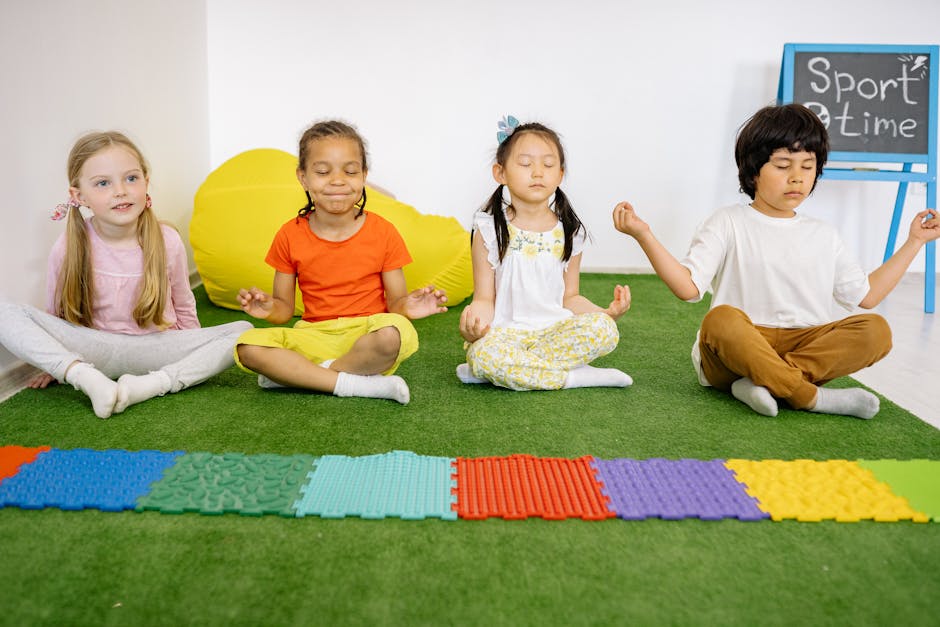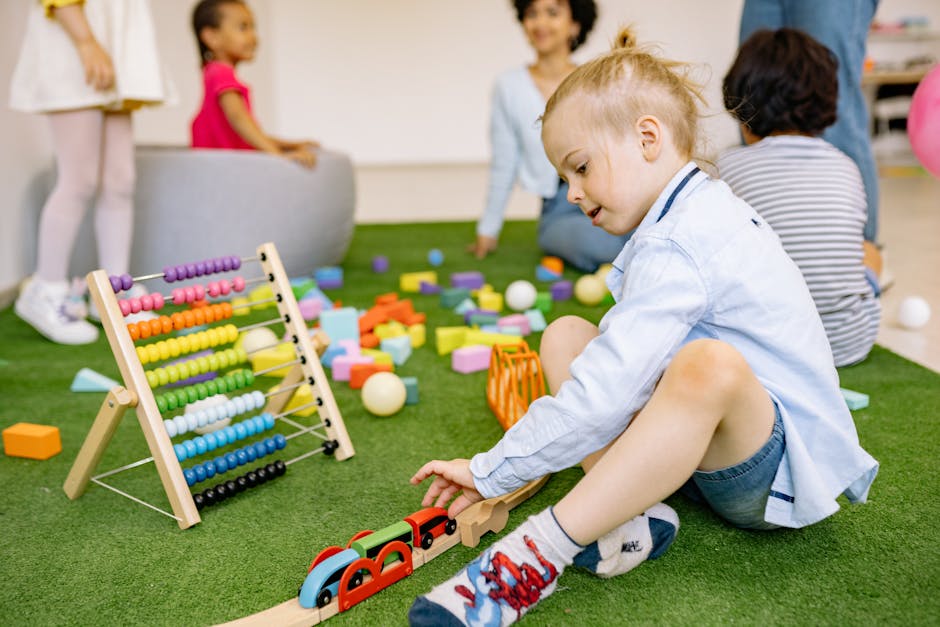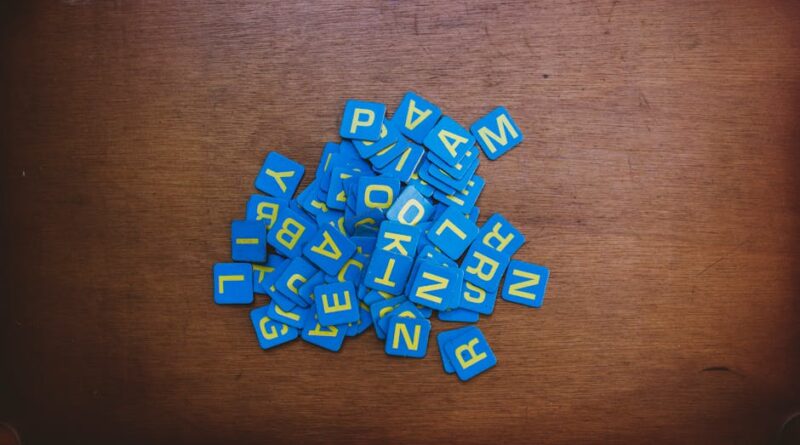Make Time for Study and Play
Balancing study and play can seem tricky. But it’s essential for success and happiness. Did you know that students who take breaks and have fun tend to perform better academically? it’s true! Making time for both study and play helps your mind recharge and stay focused. Lets explore how you can find the right balance.
Why Is Balance Important?

Finding time for both study and play is crucial. When you focus too much on studying, you risk burnout. This can lead to stress and reduced motivation. On the other hand, too much play can disrupt your academic goals.
- Studies show that breaks improve focus.
- Fun activities can boost creativity.
- Socializing helps build important relationships.
In short, balance is the key. It promotes better health, happier relationships, and improved academic performance.
How Can You Create a Study Schedule?

Creating a study schedule helps you stay organized. Heres how to do it:
- Set Specific Goals: Decide what you want to achieve each week.
- Use a Planner: Write down your classes, study times, and playtime.
- Prioritize Tasks: Focus on what’s most important.
For example, if you have a big test coming up, make sure to schedule extra study time. But don’t forget to pencil in some downtime. This allows your brain to recover and process information.
What Does Effective Study Look Like?

Effective study doesnt mean cramming the night before a test. Here are some tips for studying smart:
- Break It Down: Divide your study material into smaller sections.
- Active Learning: Use flashcards, take quizzes, or teach others.
- Stay Organized: Keep your study space tidy and free from distractions.
For instance, instead of reading a chapter in one go, read a few pages and then take a break. This method keeps your mind fresh and engaged.
How Can You Make Time for Play?

Play is just as important as study. Here are ways to incorporate it into your routine:
- Schedule Playtime: Treat it like an appointment you can’t miss.
- Try New Activities: Join a sports team or start a hobby.
- Connect with Friends: Spend time with loved ones to unwind.
Remember, play doesnt always mean video games or movies. It can be as simple as going for a walk or playing a board game with friends.
What Are Some Common Misconceptions?
Many believe that if they’re studying, they shouldn’t have fun. This isn’t true! Here are some common misconceptions:
- Studying is Serious Work: It can be engaging and enjoyable.
- Play Distracts You: It actually boosts productivity.
- Only All-Nighters Work: Regular, steady study yields better results.
In fact, play gives your brain a chance to reset. This makes you more effective when you return to your studies.
What Are the Benefits of Play?
Engaging in play offers many benefits:
- Enhances Creativity: Games and activities foster new ideas.
- Improves Mood: Play releases endorphins, making you feel good.
- Builds Skills: Team games teach cooperation and strategy.
Consider how many times a fun game has sparked a new idea or lifted your spirits. it’s a powerful tool!
Can You Combine Study and Play?
Absolutely! Learning can be fun. Here are some ways to mix the two:
- Educational Games: Use apps or board games that teach skills.
- Study Groups: Make studying a social event.
- Creative Projects: Create art or projects based on what you learn.
For example, if you’re studying history, why not create a history-themed trivia night with friends? Youll learn while having fun!
How Can You Stay Motivated?
Staying motivated to study can be hard. Here are some strategies to keep you going:
- Set Rewards: Treat yourself after completing tasks.
- Visualize Success: Picture what you want to achieve.
- Stay Positive: Surround yourself with supportive people.
Imagining your future success can be a powerful motivator. Picture yourself graduating or landing a dream job.
What Are Some Tips for Parents and Educators?
Parents and educators play a vital role in helping students balance study and play. Here are some tips:
- Encourage Breaks: Remind kids to take regular breaks while studying.
- Model Balance: Demonstrate your own study and play balance.
- Support Interests: Help find activities that excite them.
When parents show the importance of play, children learn to value it. This sets the stage for a healthy balance in their lives.
What Are Some Actionable Takeaways?
Heres how you can apply what youve learned:
- Create a flexible study schedule that includes breaks for play.
- Explore new activities that bring joy and relaxation.
- Connect with friends and family regularly for fun.
Remember, your best work comes when you’re balanced. Make time for both study and play, and watch your life flourish!
Need more tips on improving your study habits? Check out our post on Effective Study Strategies.
In conclusion, making time for both study and play is essential for a balanced life. By following these tips, you can enjoy your studies while having fun. Happy studying!



